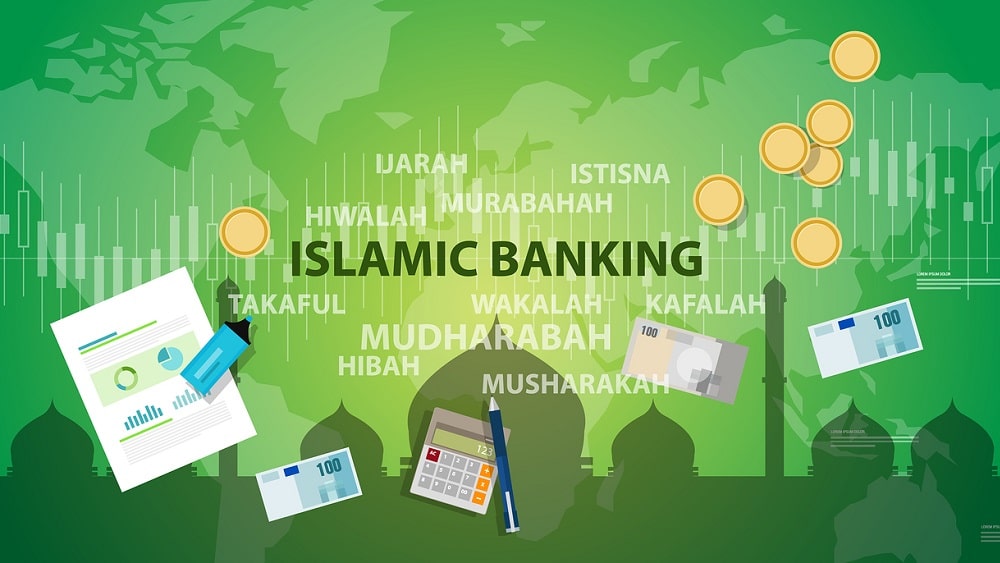Moody’s has reported that the adoption of new Shariah standards will help widen the issuer base and increase the availability of Sukuk instruments which will facilitate the Islamic banks’ liquidity management framework.
The credit rating agency affirmed the Securities & Exchange Commission of Pakistan’s (SECP) move to notify for a public consultation that it would adopt seven Shariah standards covering a variety of Islamic finance transactions relating to indexes, liquidity tools, capital protection and agency agreements.
Moody’s reported that this development is positive for Islamic banks in Pakistan and the global Islamic finance industry because it promotes standardization across Islamic financial institutions, an issue constraining the growth of the Islamic finance industry.
ALSO READ
Three of Pakistan’s Largest Banks Are Up for Sale
It added that these standards will help address Islamic financial institutions’ persistent liquidity management challenges by establishing a clear framework of Shariah-compliant liquidity instruments.
The Credit rating agency said that the SECP is implementing standards issued by the Accounting and Auditing Organization for Islamic Financial Institutions (AAOIFI), an Islamic international non-profit body that prepares accounting, auditing, governance, ethics and Shariah standards for Islamic financial institutions.
One of AAOIFI’s main goals is to provide a set of standards for Islamic finance transactions similar to the roles of International Accounting Standards and International Financial Reporting Standards for conventional banks and financial institutions.
They added that only a handful of regulators – including Bahrain, Oman and Pakistan – have so far made AAOIFI standards adoption mandatory.
ALSO READ
Bitcoin is Halal Under Some Conditions: Muslim Scholar
Moody’s highlighted that implementation of these standards will promote Islamic banking in Pakistan, where the State Bank of Pakistan (SBP), the central bank, is targeting a 20% market share of Islamic banks by 2020.
Although Pakistan has the world’s second-largest Muslim population, the country’s Islamic bank penetration is lower than in Gulf Corporation Council countries or Malaysia, which dominate the market.
The credit rating agency praised the SBP for being one of the few regulators to introduce a comprehensive legal, regulatory and Shariah-compliant framework for the Islamic banking industry.
SECP has introduced three standards related to effective liquidity management, which has been a key challenge facing Islamic banks in Pakistan owing to limited Shariah-compliant investment opportunities and a lack of Shariah-compliant alternatives to standing facilities.
The SBP is currently working to develop liquidity management solutions, including Shariah-compliant open market operations and auctions of domestic sovereign Sukuk on behalf of the government.
They said that the domestic sovereign Sukuk issuance was considerably less than the demand, leading Islamic banks to deploy their excess liquidity elsewhere, with more focus on financing compared with their conventional peers.
They expect the new standards to widen the issuer base and increase the availability of Sukuk instruments, thereby facilitating Islamic banks’ liquidity management framework.

























